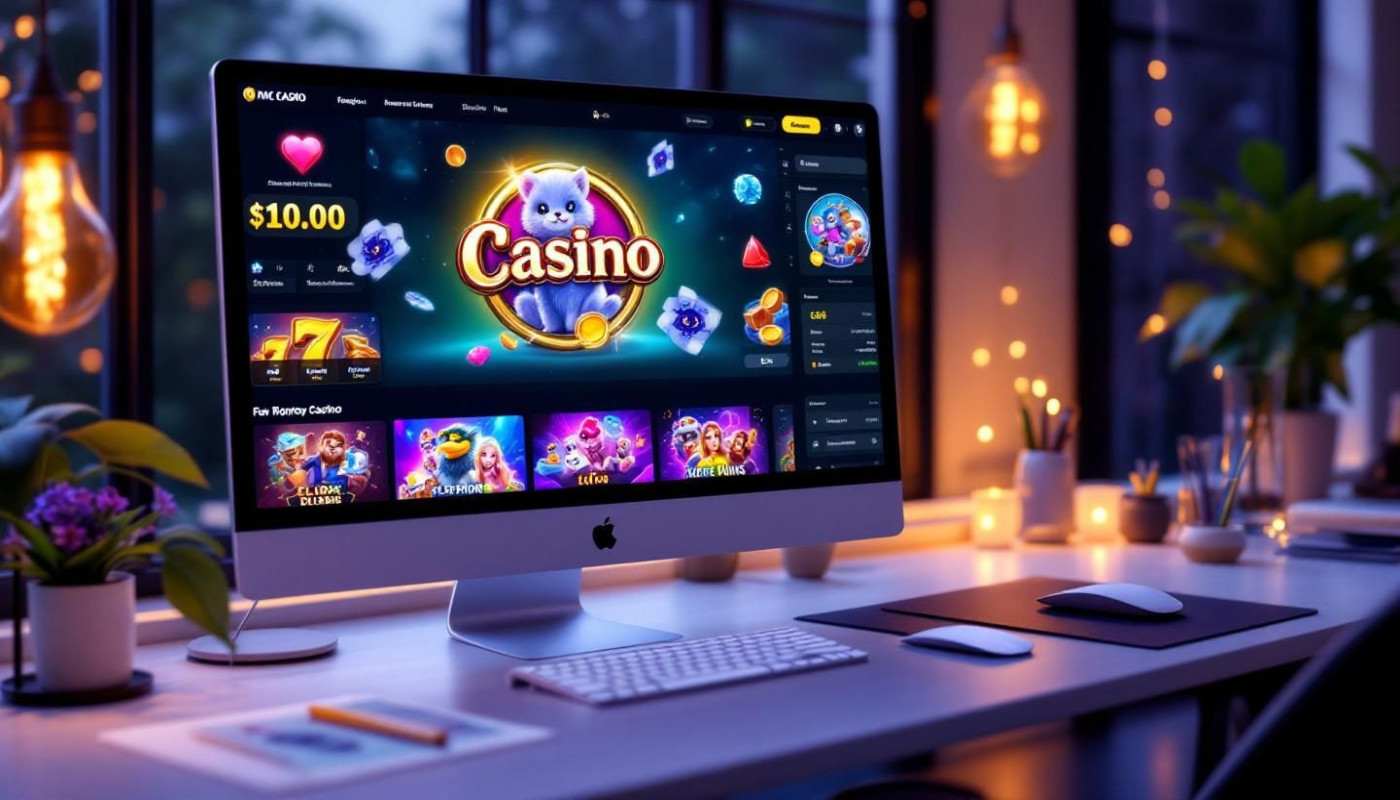Table of contents
The game of poker has undergone a remarkable transformation from its traditional roots to the modern digital era. With the evolution of this classic card game, players have witnessed a fusion of old-school charm and cutting-edge technology. This exploration will delve into how poker has adapted to changing times while retaining its core essence. Join us as we dissect the nuances between the traditional felt and the virtual tables, and discover how the game continues to captivate players around the globe.
The Origins of Poker: A Look Back in Time
The game of poker, with its rich tapestry woven through the fabric of gambling culture, has a storied past that is as fascinating as the game is complex. The search for the origins of poker takes us back to a time where it was much more than just a game; it was a social conduit and a reflection of cultural shifts. As we delve into poker history, we find a myriad of traditional poker forms, each marking its influence on the eras they emerged in.
Traditional poker was often a centerpiece in social gatherings, allowing for camaraderie and competitive spirit to blend seamlessly. The card game origins can be traced back to several international precursors, combining elements of strategy, skill, and chance, that later converged to create what we now recognize as poker. Each poker format brought its unique flair to the table, creating a diverse gambling landscape. Among these was "stud poker," a technical term denoting a variant where players would receive a mix of face-up and face-down cards, introducing an element of strategy that deeply impacted how the game evolved.
Understanding the significance of poker in shaping gambling culture requires acknowledgment of its adaptability and resilience. From riverboat gambling dens to the smoky backrooms of saloons, poker has remained an enduring pastime that has not only entertained but also influenced social interactions and hierarchies. As we explore the various poker formats, it becomes evident that the game's traditional iterations laid the foundation for the modern versions we enjoy today. The evolution of poker is a testament to its enduring appeal and its role in the historical panorama of games of chance and skill.
The Rise of Online Poker Platforms
The inception of online poker marked a pivotal shift in the realm of card games, as digital platforms readily dismantled barriers that once restricted poker's reach. The transformation brought forth by online poker cannot be understated; it is a quintessential example of a poker revolution. Online rooms provided unfettered game accessibility, allowing enthusiasts and professionals alike to indulge in the game from the comfort of their homes or while on the go, a stark contrast to the limited availability and stringent schedule of traditional brick-and-mortar casinos. Notably, these virtual arenas offered an unprecedented variety of games, from the classic Texas Hold'em to obscure variants previously unavailable to the general public.
The convenience factor of online poker significantly outpaced that of traditional venues as well. Players no longer needed to wait for a spot at a table or for a specific event to start. Instead, they could join multi-table tournaments or cash games around the clock, finding opponents across different time zones and skill levels. The use of sophisticated technology, particularly the implementation of a random number generator (RNG), has been a key component in ensuring the fairness and unpredictability of digital card dealing, mirroring the natural randomness of a physical shuffle.
The expertise of software developers who have engineered these online poker platforms is instrumental in this sector. They have crafted systems that not only simulate the physical experience but also integrate advanced security measures to protect players and ensure the integrity of the game. Industry analysts observe that the proliferation of online poker has democratized the game, opening it up to a broader audience and creating a dynamic community of players who can share strategies and experiences across continents. This global network is continually expanding, powered by the ongoing enhancements in the digital experience of poker.
Strategies and Skillsets: Adapting to New Challenges
The evolution from traditional to modern poker has brought significant changes in the strategies and skillsets required for success. As poker strategy has adapted to the nuances of online platforms, players find themselves contending with differences in game speed. Online poker games tend to run at a faster pace compared to their live counterparts, compelling players to make quicker decisions. In this rapidly moving environment, proficiency in calculating pot odds becomes a vital component of a winning strategy. As players lose the ability to observe physical tells that are present in live settings, they must sharpen their skills in reading betting patterns and understanding player tendencies.
The advent of Heads-Up Display technology has further transformed modern poker skills. These HUDs provide real-time data and statistics, which players can harness to gain insights into their opponents' strategies. This information can be a game-changer, but it also demands that players become well-versed in interpreting and reacting to this data effectively. Adaptation to these modern tools and the altered dynamics they introduce is indicative of a player's readiness to thrive in the contemporary poker sphere. An expert such as a renowned poker coach or a professional player who has smoothly transitioned from live to online games would highlight these adaptations as indispensable for anyone looking to excel in the current poker landscape.
Community and Culture: The Changing Face of Poker Players
As poker evolves, so does its community, highlighting a stark transition from the tangible felt of local card rooms to the virtual interface of international online platforms. This shift has fostered a new breed of poker community, one that unites international players from diverse backgrounds, creating a fertile ground for a burgeoning global poker culture. The days when player interaction was limited to face-to-face banter and physical tells have expanded to include the digital realm, where emoticons and chat boxes are the new norm. Within this modern milieu, bankroll management remains a technical term revered by serious contenders, underpinning the culture where strategy and fiscal prudence converge.
For those interested in the quantitative aspects of this culture, such as how many poker chips for 4 players are considered standard, their website offers a comprehensive guide. This resource is invaluable for both newcomers and seasoned poker enthusiasts aiming to enhance their home game experiences or simply to understand the logistics of poker chip distribution.
Technological Innovation and the Future of Poker
The landscape of poker has undergone a profound transformation, propelled by technological advancements that have not only reshaped the way the game is played but also how it is perceived. The integration of artificial intelligence into the realm of online poker has been a pivotal development, introducing algorithmic betting patterns that challenge even the most skilled human players. AI has not just become a formidable opponent but also a tool for players to refine their strategies, simulating millions of hands to uncover insights into optimal play.
Mobile gaming has further democratized poker, allowing enthusiasts to engage in the thrill of the game from virtually anywhere, at any time. This convenience has significantly expanded the game's audience, bringing in a wave of new players and, consequently, new styles of play. As we look to the future of poker, it is plausible to expect that virtual reality in poker will take the stage, offering an immersive experience that could rival the ambiance of a physical casino. The prospect of a fully realized VR poker room where players can read virtual tells and interact with each other in a three-dimensional space presents an exhilarating next chapter for the game.
These innovations also present an array of new challenges and opportunities. The adoption of advanced technologies could potentially lead to a more nuanced and sophisticated game, where understanding the intricacies of digital platforms becomes as significant as mastering poker strategy. As we speculate on these future developments, the voice of authority could very well be a pioneering tech innovator in the gaming industry or a futurist who specializes in gaming trends. They would likely emphasize the importance of staying abreast of these technological trends, as they could have a profound impact on the game's evolution and the strategies employed by its players.
Similar

Exploring Classic Slot Themes And Their Modern Twists

Exploring The Legality And Security Of Online Casinos?

Essential Features Every Online Casino Platform Should Have

How To Recognize And Choose Safe International Online Casinos?

Mastering Carrot Collection In Online Crash Games

Enhancing User Experience With Effective Online Casino Customer Support

How Seamless Access To Gaming Platforms Enhances User Experience?

Exploring The Latest Trends In Sustainable Fashion And Living

The Benefits Of Integrating Live Updates In Daily Travel Routines

